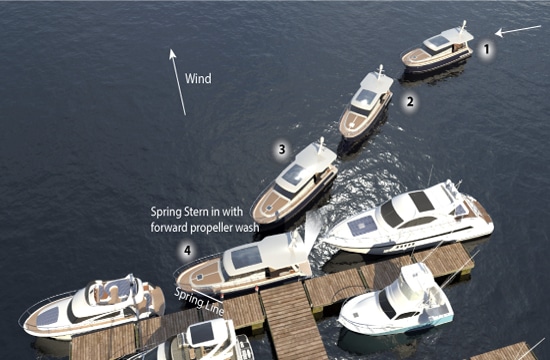Electric Devices and Standards
A word of caution whenever using any home AC appliances on a vessel. Generally, these devices will work fine at first, but in a marine environment, they are subject to corrosion due to the salt air. In addition, many are not designed or built for the tumbling they may face when the boat is being thrashed about by waves. Always be cautious when using home appliances on a vessel. Check with experts at marine stores if you are uncertain.
Safe and effective sailing is dependent upon your knowledge of and skill in handling electricity. Electricity is a dear friend, but do not ignore its basic characteristics or it will be your worst enemy. This is now a fact of modern life afloat.
As more electronic devices such as autopilots, depth sounders, GPS units, and radar are fitted to boats, the need was developed for the devices to communicate with each other regardless of the manufacturer. For that reason, the National Marine Electronics Association, (NMEA) was founded to develop protocols and interface standards.
The latest NMEA standard today is NMEA 2000. It has enabled boating to be a high-tech sport allowing vast utilization of onboard electronics all “talking” to each other.




